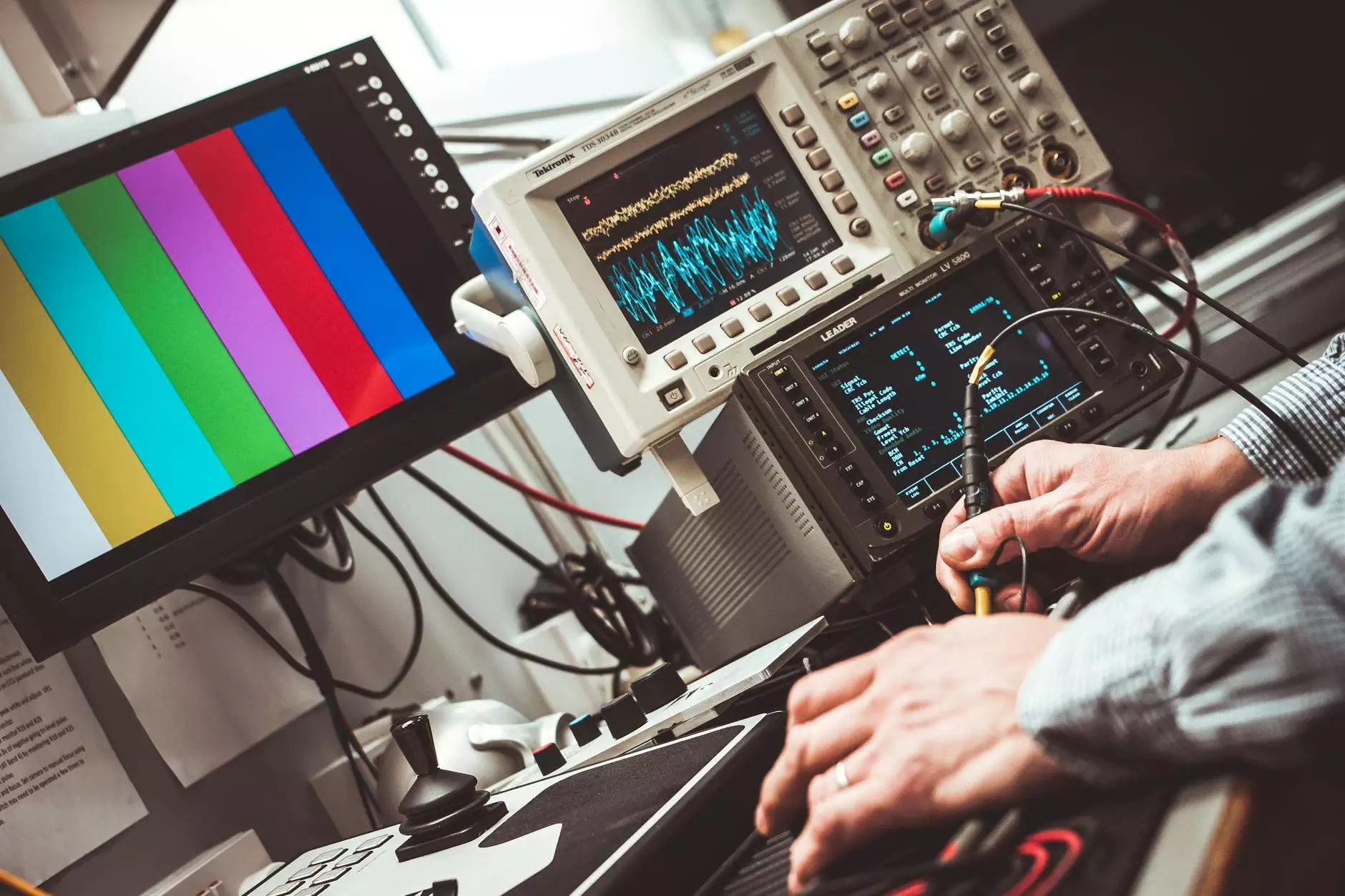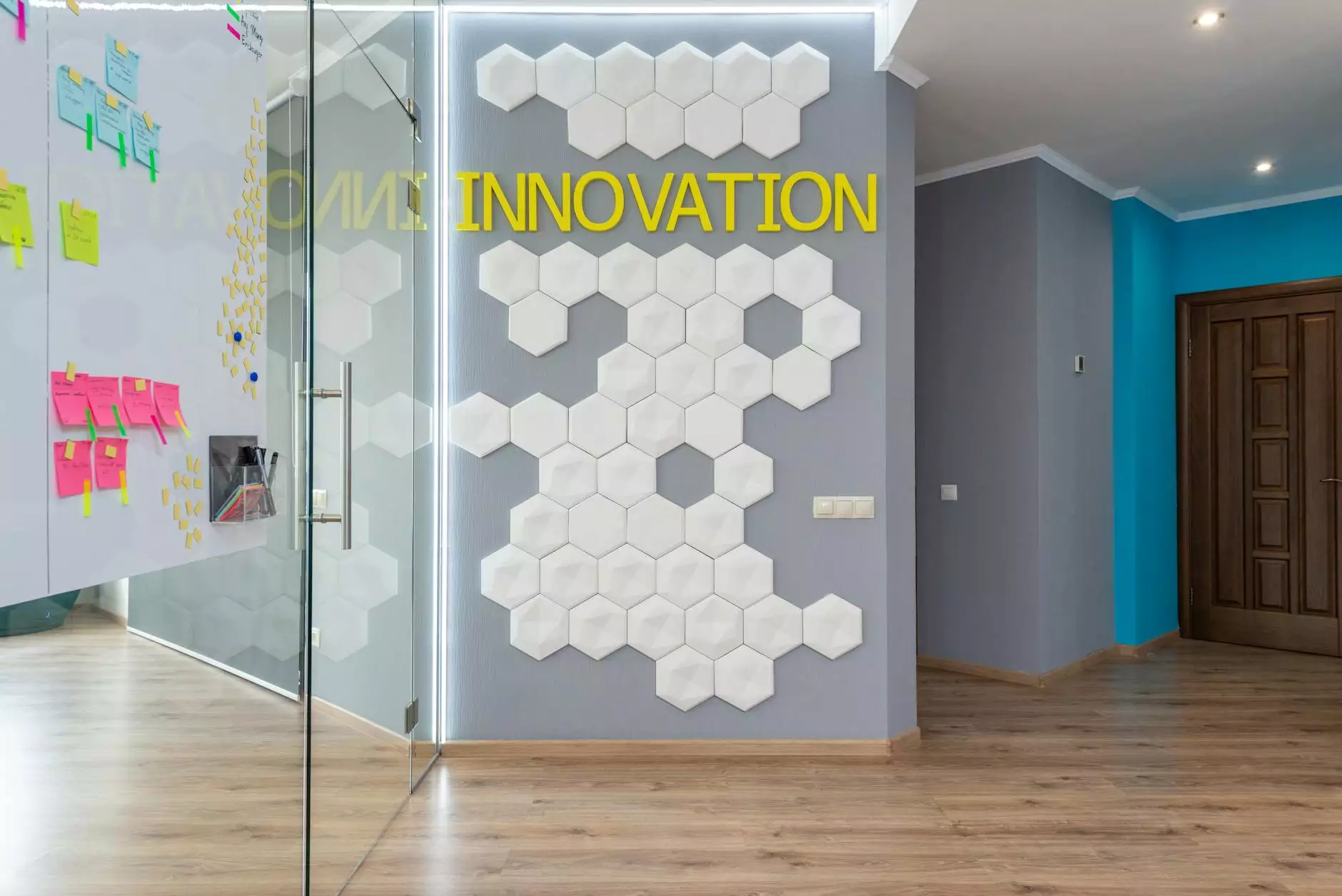Understanding the Importance of "ban may cat sat" in Electronics

In the world of modern electronics, the phrase "ban may cat sat", which translates to "you turn off the fan" in English, encompasses more than just shutting a device off. It symbolizes a shift towards energy efficiency, comfort, and technological advancement in our day-to-day lives. This article will delve into the significance of turning off fans, particularly in the context of electronics, energy conservation, and technological advancements.
The Role of Fans in Electronics
Fans are integral components found in numerous electronic devices and systems, serving various purposes such as:
- Cooling: They provide essential cooling for internal components, preventing overheating.
- Air Circulation: Fans facilitate proper air circulation, which is vital for maintaining optimal operating conditions.
- Comfort: In consumer products, fans contribute to a comfortable environment by regulating temperatures.
However, there comes a time when we need to consider the energy consumption and unnecessary usage of these fans. This leads us to the significance of turning them off or using them judiciously.
Energy Conservation: Why "ban may cat sat" Matters
With the increasing awareness of climate change and energy conservation, the act of turning off fans has become a simple yet effective way to reduce energy consumption. Here are a few reasons why this practice matters:
1. Reducing Energy Costs
Turning off fans when they are not needed can lead to significant savings on your electricity bills. Many households and businesses use fans excessively, often forgetting to switch them off after use. By being mindful of their operation, consumers can reduce their overall energy expenditure.
2. Environmental Impact
Excessive energy consumption contributes to a larger carbon footprint. By practicing energy-saving behaviors such as turning off fans, individuals can help reduce the demand for fossil fuels and decrease greenhouse gas emissions.
3. Device Longevity
Fans, like any mechanical component, have a lifespan. Frequent use can lead to wear and tear. By turning off fans when not in use, one can extend the longevity of the electronic devices, ensuring they operate efficiently for a longer period.
Modern Innovations in Fan Technology
The electronics industry has seen a rise in technological advancements aimed at improving fan efficiency and function. Some notable innovations include:
1. Smart Fans
Smart fans can be controlled via smartphones or smart home systems, allowing users to automate their operation. For instance, using a smart fan, you can set schedules to ensure they only operate when necessary, embodying the principle of "ban may cat sat."
2. Energy-Efficient Fans
Many newer fan models are designed to consume less power while providing the same level of cooling. These fans often feature energy-efficient motors and blades that optimize airflow.
3. Noise Reduction Technology
Modern fans have also embraced noise-reduction technology, allowing for quieter operation. This is particularly beneficial in environments where silence is crucial, such as in offices or libraries.
Applications of Fans in Everyday Life
Fans are not just accessories; they play a vital role in various applications:
1. Home Appliances
From ceiling fans to exhaust fans in kitchens and bathrooms, these devices improve air quality and comfort in living spaces. Correctly managing their operation by applying "ban may cat sat" can enhance home efficiency.
2. Industrial Use
In industrial settings, cooling fans are essential for maintaining the functionality of machinery and equipment. Ensuring that these fans are turned off when not required can lead to significant operational cost savings.
3. Automotive Applications
In vehicles, cooling fans help maintain optimal engine temperatures. The smart management of these fans translates to better performance and efficiency, demonstrating the necessity of understanding when to "turn off the fan."
Practical Tips for Turning Off Fans
Adopting the principle of "ban may cat sat" can easily be integrated into daily routines. Here are some practical tips to effectively turn off fans and improve energy efficiency:
- Install Timers: Using timers can automate turning off fans based on your schedule.
- Adjust Thermostats: Make use of smart thermostats to control fan operation based on real-time temperature readings.
- Create Usage Awareness: Educate family members or employees about the importance of turning off fans when not in use.
- Conduct Audits: Regularly check devices to ensure they are properly turned off when not required.
Conclusion: Embracing Energy Efficiency Through "ban may cat sat"
Understanding the importance of "ban may cat sat" is essential in today's energy-conscious world. By actively deciding to turn off fans and manage their usage more effectively, individuals and businesses can contribute to environmental sustainability while improving their operational efficiency.
The ongoing advancements in fan technology pave the way for more efficient solutions that align with our daily needs. By staying informed and adopting better practices, we can ensure that our reliance on electronic devices positively impacts the world around us.
Embrace the practice of turning off the fan whenever possible; it’s a small action that can lead to significant savings and a healthier planet.









